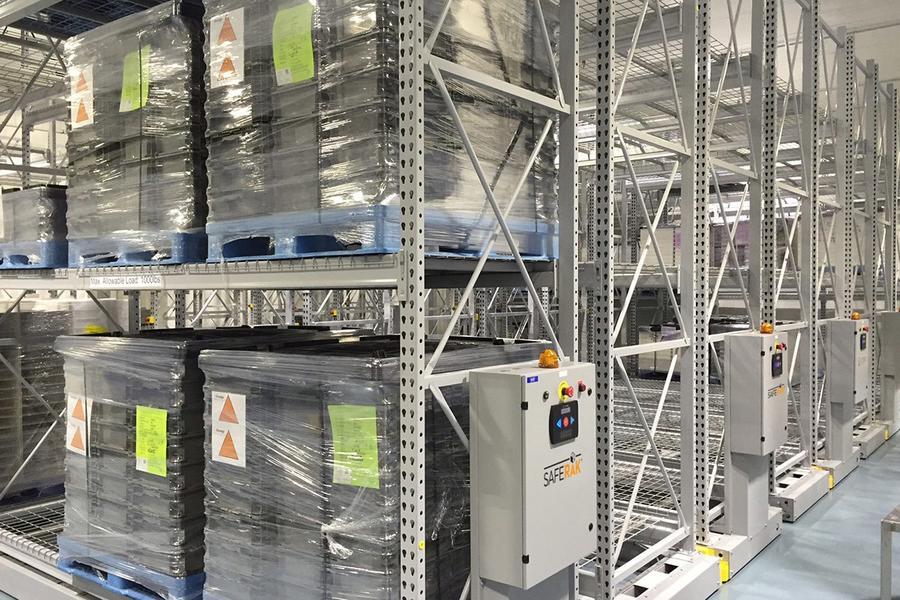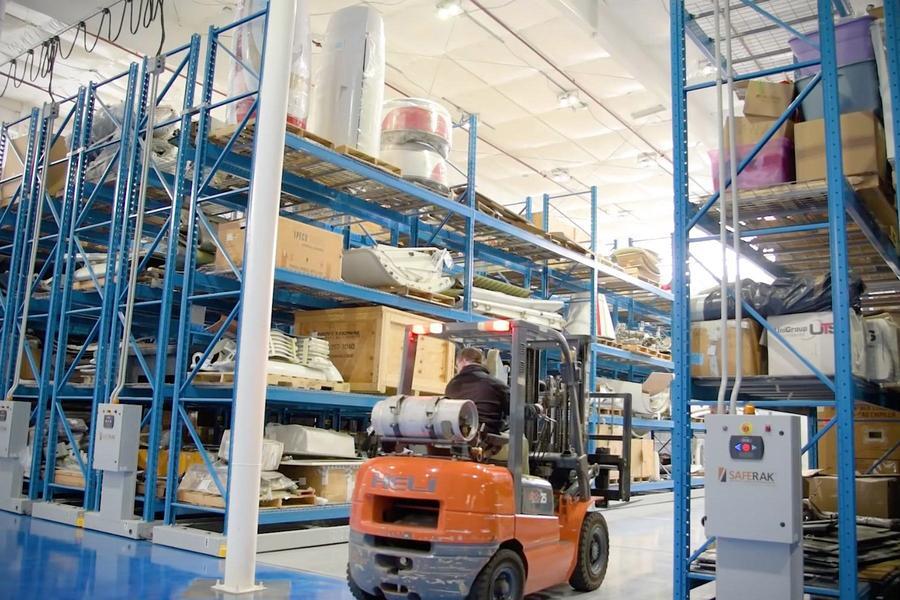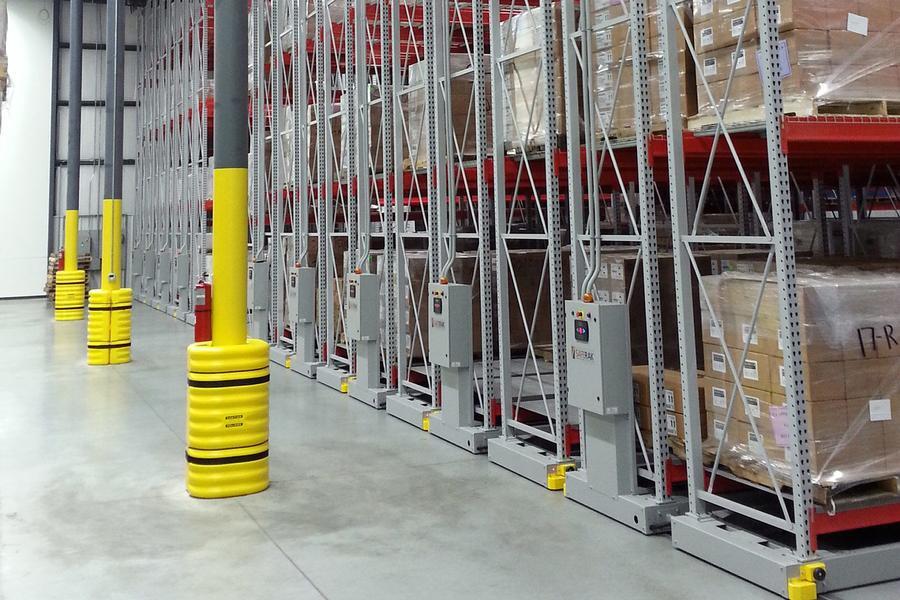What Are The Top Reasons Why Industrial Storage Space Matters in Warehouse Logistics?
Finding organizational resilience with mobile racking can bolster efficiency up the chain, and Montel storage solutions are here for you and your facility
At the heart of every great manufacturer or retailer, there’s a warehouse logistics team pumping raw materials in and finished products out to distributors. Supercharging this one department can have an exponential impact on all connected operations and allow businesses to grow at scale without gumming up the works. If logistics can handle it, then so can everyone else.
That said, a truly functional logistics arm requires one resource that’s hard to come across these days: space. That’s why many manufacturers and retailers turn to industrial storage solutions like powered mobile racking to expand opportunities for space on the warehouse floor. Because of its collapsible design and customizable features, electrical mobile racking for industrial storage like SAFERAK helps warehouses tackle some key space-related issues and bring aboard a lot of valuable benefits.

1. Space is Expensive
Warehouse vacancy rates across the country are plummeting, which can be a bone of contention for executives. To increase revenues and develop their businesses, these companies may feel like they’re forced to expand their onsite footprint to continue growing.
Construction can take a long time, cost a significant amount of money upfront and possibly hamper on-site operations for the duration. Essentially, businesses will be stuck shelling out considerably while simultaneously taking hits in other areas. For instance, if a certain wing of the warehouse must be avoided during expansion, this could add time to the picking process, leading to losses in productivity. And when productivity wanes in logistics, you can bet it will find its way into other departments as well.
Instead, mobile racking systems can reclaim as much as 50 percent of a warehouse’s storage space by eliminating the need for multiple aisles. Thanks to mobile racking, costly expansions can be put off for another board meeting, and logistics providers can even grow their revenue by opening up lucrative, sought-after vacancies in a market with incredible demand.

2. Space Offers Efficiency Through Organization
Warehouses can typically be broken down into two separate segments: incoming and outgoing. Though raw materials, components and finished products may spend most of their warehouse life in limbo, when they undergo one of these two sets of operations, it is vital everything go according to plan for the sake of efficiency. Cramped quarters can lead to disorganization, the Achilles’ heel of warehouse logistics. As we’ve already said, inefficiencies here have a habit of reverberating throughout the business at large. Thankfully, finding organizational resilience can inversely bolster efficiency up the chain.
Industrial mobile racking modules can link to ePulse remote monitoring software, a managerial tool that assists logistics teams in overseeing their storage space and uncovering opportunities therein for heightened efficiency. With ePulse, employees and supervisors can get a panoramic view of how often certain racks open and close throughout a given shift, which can help warehouses adapt to a changing product line or inventory. In either case, logistics teams retain efficiency even when the things they carry change over time.

3. Space Means Safety
Warehouse employees use a lot of heavy equipment to get the job done, but a crowded warehouse can make things like forklifts and cherry pickers more hazardous than helpful. Moreover, traditional prefabricated storage installations overburdened by inventory surpluses can come to pieces, injuring employees and causing damage to the facility itself.
Depending on the model, SAFERAK mobile racking systems can hold between 16 and 30 tons with a maximum carriage length of 100 feet. That’s enough holding power for any industry! Moreover, LED Guard Technology prevents accidents caused by closing units. If the system’s sensors detect any obstruction, the modules won’t close until it’s been cleared away. Warehouses shouldn’t have to pay extra for safety, especially when it comes to storage.


